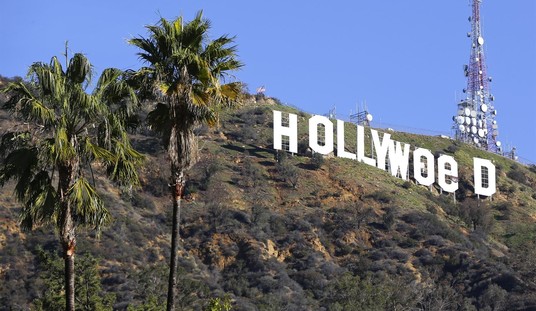Last night, I tripped over a great quote by James Lileks from a few years ago, back when he was promoting his Gallery of Regrettable Food book. Needless to say, I’m in complete agreement with his assessment of the 1950s and ’60s. First, here’s the set-up question:
Besides skewering the pictures of the food, you also satirically deflate the political and cultural views of postwar America that underwrite these images: gender roles, Communism, xenophobia. Yet we still glorify the past; the ’90s was a time of retro revisitation in which fashion, cars, slang, films, television all took inspiration from bygone eras. Why do we remain fascinated with the “good old days,” despite it not really being so great?
This is a big question, and I’m going to give you a long, dull answer. I think the deflation to which you refer is actually my way of compensating for my love of this period. I’m fascinated by the post-war era–1946 to, say, 1964–and in many ways it was an absolute Golden Age. Not perfect; no era is. It’s stupid to romanticize a period, but equally stupid to dismiss it for its failure to be as Perfect and Glorious and Wise as our enlightened time. It’s easy to snicker at their fear of Communism, but in context I’d be scared too–the USSR was a heavily armed, expansionist totalitarian state, and its domestic apologists were not only wrong, but defending a system that equaled and bested the Nazis for prolonged brutality.
The ’50s are sniffed at, I think, because the victors write the history, and in the cultural battles fought by the boomers, the ’50s were the era of Mom and Dad, the era of rules, the era of oppression. To the boomers, the ’60s are the Years of Glory, because that’s when they got to go to college, live in dorms, stay out late and come home blitzed on ditchweed without answering a lot of questions. Being Boomers, they elevated this period to mythic status, and hence we’ve had to live with this incessant ’60s worship ever since. Personally, I’m sick of it; I’m sick of their music, their fashions, their politics, their interminable self-satisfaction and narcissistic desire to regard their generation as the apogee of human endeavor. Yawn. It’s been such a stultifying weight on society that we can’t seem to come up with anything new–hence this never-ending cycle of nostalgia we’re in. We must worship the ’60s, be amused by the ’70s, and loathe the ’80s. Why loathe? Because that’s when the boomers first started to feel out of touch, i.e., old.
These are all horrible overgeneralizations. That’s the problem. Each era gets boiled down to a few pat symbols. The ’50s are sock hops and tail fins. The ’60s are protest and Woodstock. The ’70s are shag and disco balls. The ’80s mean greed and Izod. The ’90s–well, who knows. It’s all ridiculous; every era is much more than that, and at the same time no different than our own. People eat, work, raise kids, laugh, snore, worry about whether the sofa should go in that corner or over there.
All that said, I have only two points: I love living now, and wouldn’t change this time for any other. Point #2: were it a choice between driving a minivan down a vacant suburb strip mall corridor eating a franchise hamburger and listening to some “Big Pimpin'” on the CD player, OR driving a turquoise BelAir around downtown Philly listening to Joe Niagara introduce Chuck Berry tunes on the AM radio–
Not even close.
(Joe Niagara?! I had no idea anybody who didn’t grow up in the Philadelphia area as I did had ever heard of him!)
A friend gave me a copy of Taschen’s iconic All-American Ads of the 60s (aka, The Bleat banner art sourcebook), for my birthday this year. It’s a wonderful book with a depressing ending: flipping through its pages, you can actually see the swank of the JFK/Rat Pack era 1960s–the last remnants of the classic post-War era–give way to the still cool, but very different Mod-mid-1960s of Austin Powers and Blowup. And then make way for the brown shag-carpeted hellish polyester drek of the 1970s, which Lileks himself brilliantly skewered in his Interior Desecrations book two years ago.
No, the post-War era wasn’t perfect. But as Lileks himself said, what era is?










Join the conversation as a VIP Member